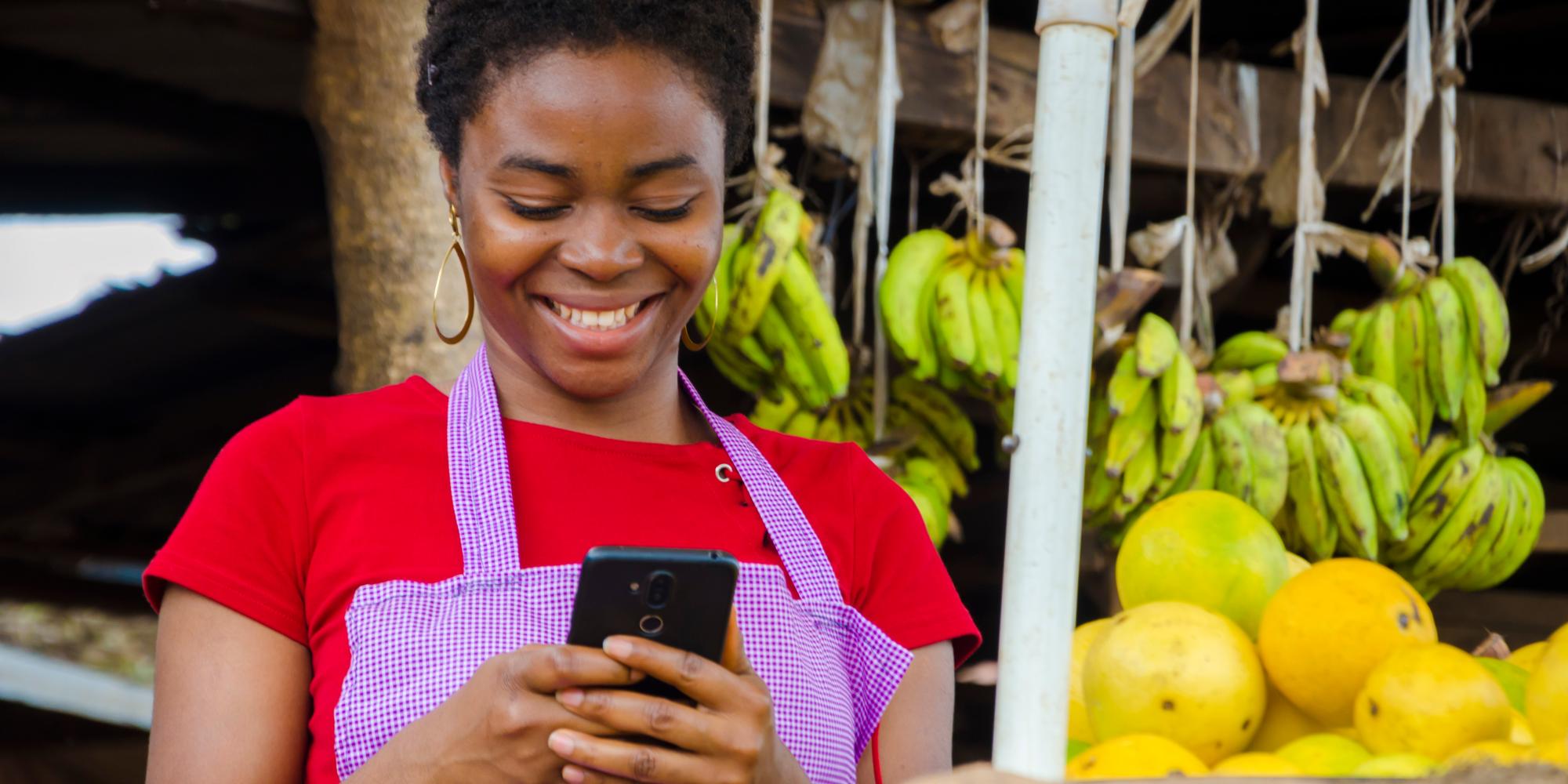
The Digital Access Programme (DAP) is a four year, £59m programme jointly funded by the Foreign, Commonwealth and Development Office (FCDO) and the Department for Digital, Culture, Media and Sport (DCMA) to catalyse more inclusive, affordable, safe and secure digital access for excluded and underserved communities in Kenya, Nigeria, South Africa, Brazil and Indonesia. The delivery consortium is led by KPMG in partnership with Social Development Direct, Cysiam, Chatham House, and cybersecurity and consultants in partner countries. The DAP programme scored an A+ in the June 2021 Annual Review.
SDDirect is responsible for providing gender and inclusion (G&I) technical expertise across all countries, ensuring that G&I considerations are incorporated into the design, implementation and monitoring, evaluation and learning (MEL) of all projects. This includes baseline research on G&I issues across each country in relation to cybersecurity policy and strategy, cyber culture and society, cybersecurity education, training and skills, and legal and regulatory frameworks.
SDDirect is a leading supplier to the ‘Trust and Resilience’ workstream focused on building partner countries’ capacity to prevent and respond to cyber-security harms affecting governments, businesses and citizens. This includes strengthening the basic cyber-hygiene skills of groups at particular risk of online abuse or exploitation, such as women, people who lack (digital) literacy skills, and people with disabilities.
For example, in Brazil we are co-leading the design of research exploring teenagers’ experience of online harms via surveys and focus group discussions with students and teachers carried out by Safernet. We are exploring the gender differences in online harm, informed by evidence from other countries that suggests that teenage girls experience worse mental health outcomes than boys due to gendered differences in internet use, with girls generally spending more time on social media and boys spending more time playing online games. The findings will be used to design training curricula for teachers to equip them with the skills to address student online safety, with the ultimate aim of helping students protect themselves online.
If you would like to hear more about this project, please reach out to Kavita.Kalsi@sddirect.org.uk.

